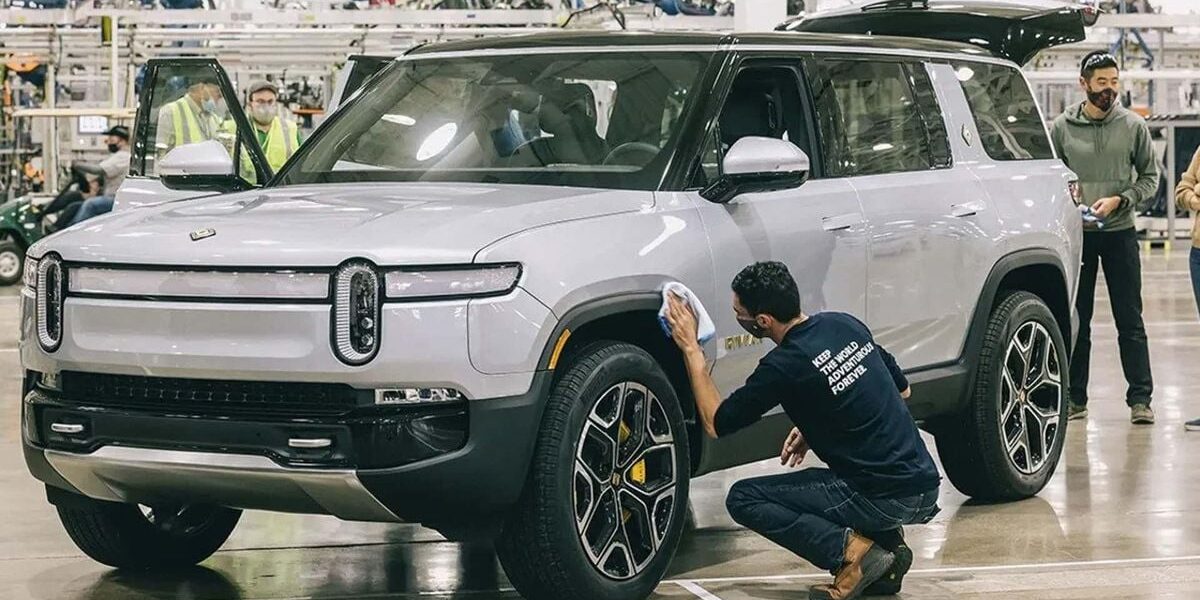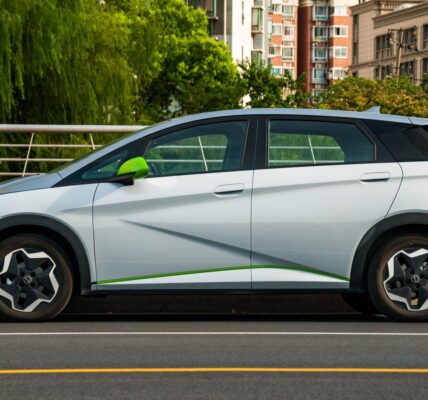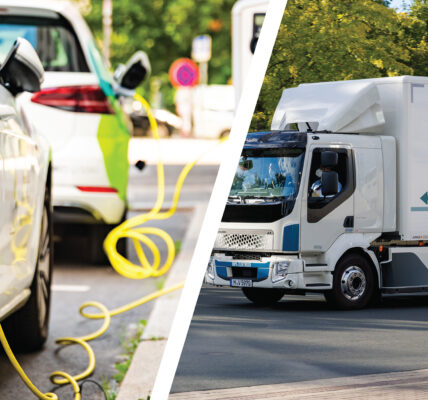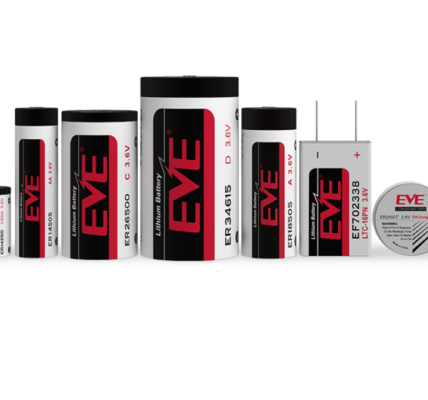Rivian Automotive Inc. recently announced the temporary suspension of its electric delivery van production at its Normal, Illinois plant. This halt has been attributed to a shortage of parts, significantly impacting their operations amid already existing supply chain challenges.
This suspension affects Rivian’s Electric Delivery Vans (EDVs), which are used predominantly by Amazon. A spokesperson from the company assured stakeholders, “A part shortage has temporarily impacted our Electric Delivery Van production. We expect to recover all missed production.”
Rivian, based in Irvine, California, has made significant moves to expand its production capacity, having previously projected 57,000 electric vehicles for the current year, comprising both consumer and commercial models. The company is simultaneously gearing up to introduce new vehicle types like the R2 SUV, intended to be produced at its planned second plant.
This production pause reflects broader patterns within the automotive sector where supply chains have consistently faced challenges over the past two years. Rivian is not alone; many electric vehicle manufacturers have struggled with similar issues, ranging from parts shortages to logistical complications.
Interestingly, Rivian’s setback also underscores its close relationship with Amazon, which holds about 16% of the company’s shares. Amazon has ordered 100,000 delivery vans to be deployed by 2030, and sales related to Amazon previously accounted for around 19% of Rivian’s revenue.Although Rivian’s current delays may seem concerning, Amazon’s spokesperson indicated the company is not expecting any major impacts on its delivery operations. Approximately 15,000 Rivian vans are already operational across the U.S., supplemented by both gig economy workers and traditional courier services.
The production stoppage may also be compounded by Rivian’s recent announcement about shutting down its factory for retooling and modifications earlier this year. Despite this, Rivian is committed to maintaining its annual production target, and the CFO has indicated plans could shift due to seasonal demand variations.
On the investor front, Rivian’s stock experienced fluctuations following the announcement of the production halt, dropping by 1.7% in premarket trading. This decline highlights the sensitivity of Rivian’s stock to changes within its operational capabilities.
Rivian’s factory employs about 8,000 full-time workers, and the company is making efforts to keep these employees engaged during the production pause. They are being offered opportunities to work full-time, even as the focus shifts primarily to resolving the parts shortage.
With Rivian’s ambitious plans set against current challenges, the company faces scrutiny from both investors and partners like Amazon. The success of their next moves will be pivotal for their ambition to carve out a significant place within the electric vehicle market.
Much is riding on Rivian’s ability to navigate these supply chain disruptions efficiently and effectively. Industry observers will be watching closely as the company resumes production of its EDVs and meets its clients’ demands.
The road ahead for Rivian is laden with challenges but also rich with potential opportunities if they can overcome their current issues. Rivian’s experience may inform how other electric vehicle manufacturers strategize their own supply chains and production plans moving forward.








